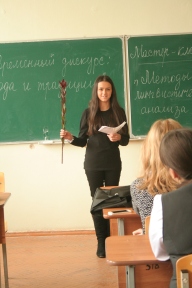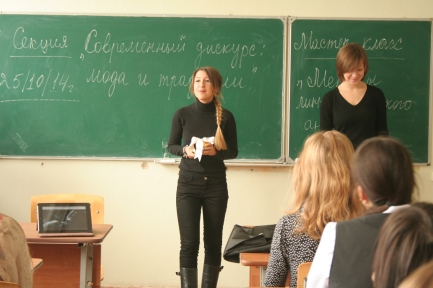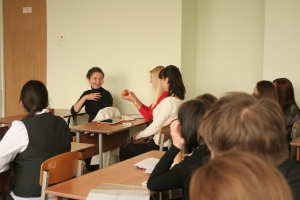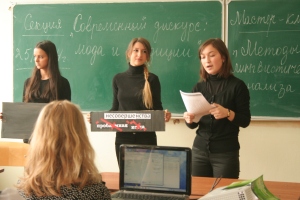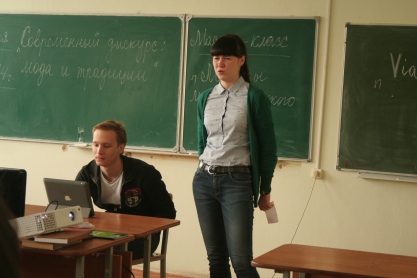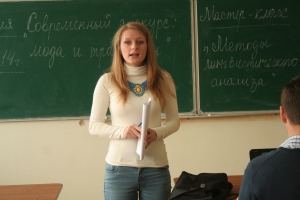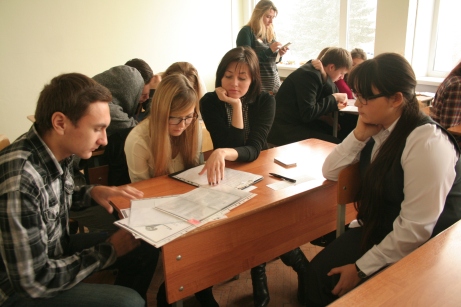Background
Initially, and uniquely, a majority of the British colonies in Australia were penal. As they expanded and as free colonies were developed, immigrants using languages other than English were insignificant. Relations with the Aborigines were generally poor and after an initial intake of words from their languages (such as boomerang, dingo, kangaroo, koala, kookaburra, wombat) were not conducive to extensive borrowing. The settlers were almost all Anglo-Celtic and geographical isolation was of great importance. The preoccupations of the colonists were the discovery and exploration of a new land, rich in exotic flora and fauna, and pastoral occupations such as raising sheep and cattle under circumstances vastly different from ‘the Old Country’. In the late 20c, however, Australians are predominantly urban and increasingly multicultural. The major areas of lexical growth are international, as in computing and surfing. In the 19c, the situation was the reverse.
Pronunciation
The most marked feature of the Australian accent is its homogeneity, with no regional differences as marked as those in BrE and AmE, though recent studies have associated particular phonological characteristics with state capitals. There is, however, a social continuum in which three varieties are generally recognized: Broad Australian, General Australian, and Cultivated Australian. Of these, Cultivated Australian most closely approaches British RP and Broad Australian most vigorously exhibits distinctive regional features. It is generally assumed that the Australian accent derives from the mixing of British and Irish accents in the early years of settlement. However, although most convicts and other settlers came from London, the Midlands, and Ireland, the influence of the original accents cannot be conclusively quantified. The present spectrum was probably established by the early 19c.
The major features of AusE pronunciation are: (1) It is non-rhotic. (2) Its intonation is flatter than that of RP. (3) Speech rhythms are slow, stress being more evenly spaced than in RP. (4) Consonants do not differ significantly from those in RP. (5) Vowels are in general closer and more frontal than in RP, with /i/ and /u/ as in tea, two diphthongized to /əɪ/ and /əʊ/ respectively. (6) The vowel in can’t dance may be /æ/ or /a/. (7) The schwa is busier than in RP, frequently replacing /ɪ/ in unaccented positions, as in boxes, dances, darkest,velvet, acid. (8) Some diphthongs shift, RP /eɪ/ towards /ʌɪ/, as in Australia,day, mate, and /aɪ/ towards /ɒɪ/, as in high, wide. (9) Speakers whose first language is not English or who have a bilingual background (Aboriginal, immigrant) often use sounds and a delivery influenced by the patterns of the first or other language. (10) The name of the letter h is often pronounced ‘haitch’ by speakers wholly or partly of Irish-Catholic background.
Grammar and vocabulary
There are no syntactic features that distinguish standard AusE from standard BrE, or indeed any major non-standard features not also found in Britain, but there are many distinctive words and phrases. However, although AusE has added some 10,000 items to the language, few have become internationally active. The largest demand for new words has concerned flora and fauna, and predominant occupations like stock-raising have also required new terms. Because of this, AUSTRALIANISMS are predominantly naming words: single nouns (mulga an acacia, mullock mining refuse, muster a round-up of livestock), compounds (black camp an Aboriginal settlement, black tracker an Aboriginal employed by the police to track down missing persons, black velvet Aboriginal women as sexual objects, red-back a spider, redfin a fish, red gum a eucalypt), nouns used attributively (convict colony a penal colony, convict servant orconvict slave a convict assigned as a servant).





